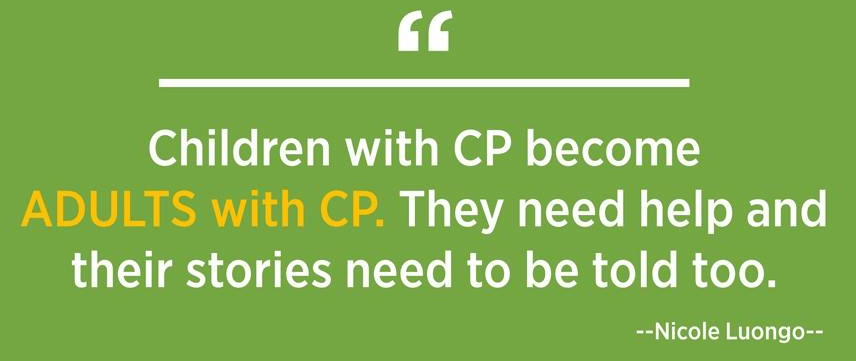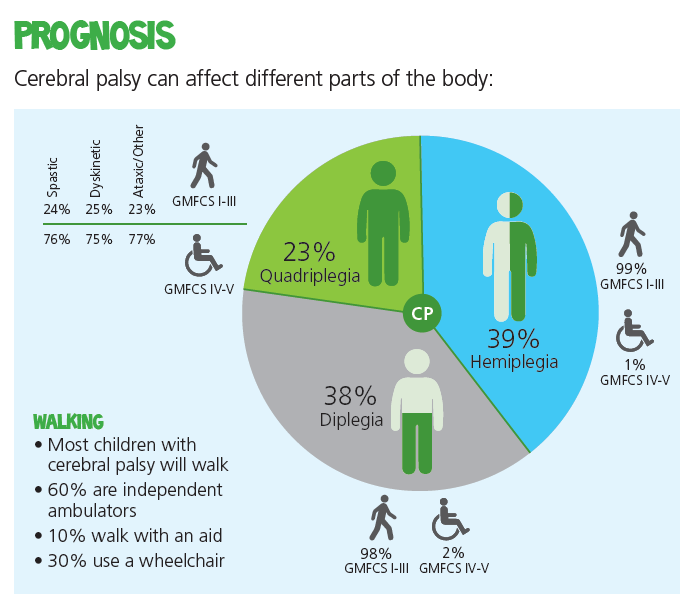Challenges
Posted on 5th February 2020 at 15:49
Premature aging, employment challenges, depression, pain are just a few of the challenges adults with CP face.



Employment Challenges
The adults we work with at CPM have significant and substantial needs. They attend our daycentre not just because they have CP, it’s because of the severity of their needs along with having cerebral palsy or another related disability. Some of the needs include issues with:
• Mobility – May require walking aids or assistance, wheelchairs or power chairs.
• Hand co-ordination/ dexterity -May need assistance and support for activities that include their hands.
• Assistance toileting – for some adult’s specialist facilities (Changing Place Facilities) are required with two staff supporting
• Sensory impairments – sight, hearing
• Communication – lack of speech, may use technical aid
• Help feeding – some adults we work with difficulties with swallowing (dysphagia) and need assistance to have drinks and food.
• Learning Difficulties
• Mental Health conditions
• Other disabilities, so some citizens may well have CP and another disability as well, such as, autism.
Therefore, for the client group we work with, it has been too difficult for them to find employment opportunities that can support their significant needs at a workplace. And often, without having employment, our adults can feel socially isolated at home or where they reside.
Our adults may need specific accommodations made for them to consider employment, such as; adjusted office space, toilet facilities (Changing Place Facilities that include a changing bed and ceiling track hoist), ramp and accessible building access, sometimes widened doors, perhaps an adjusted work schedule, assistive equipment and / or frequent rest periods. The adults may well need supported carer or carers with them as well.










